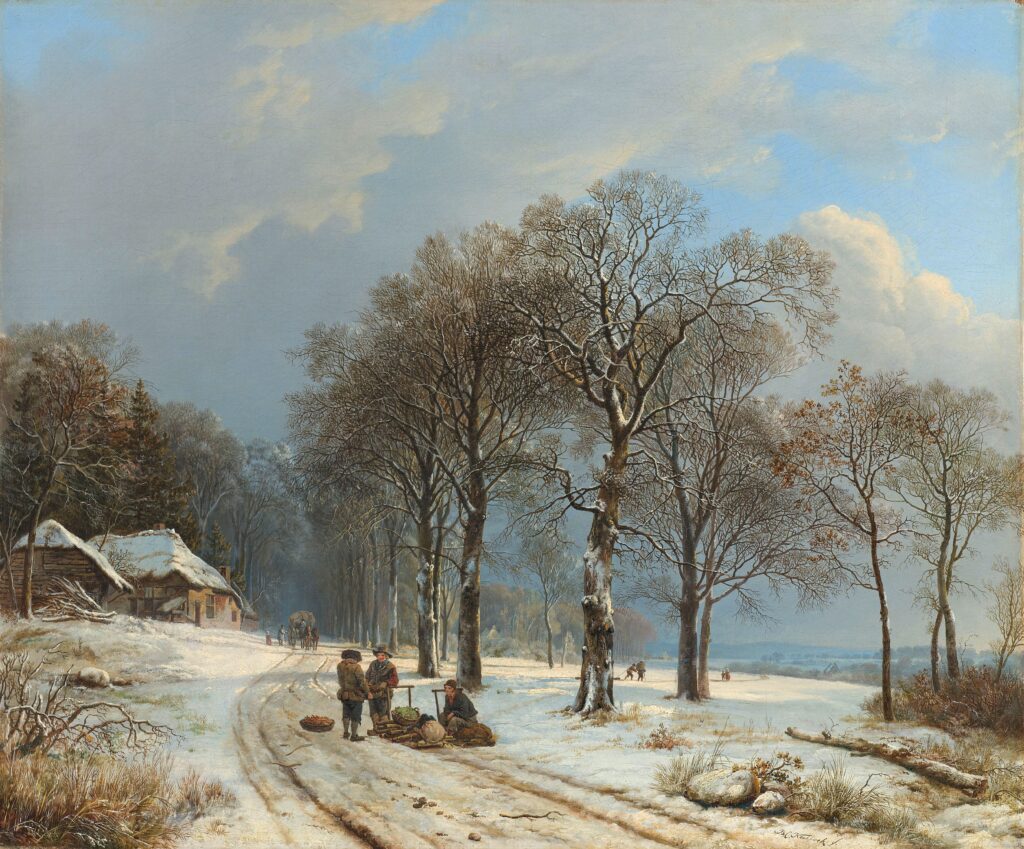
Many problems arise when people either think they know more than they really do or when they don’t think it’s possible to know something at all.
The latter scenario sometimes occurs in the case of moral issues — so as not to feel judged for some behavior, a person will argue for a form of moral relativism. “Who are you to say X is wrong?” is shorthand for “No one knows whether X is right or wrong,” which is short for “Let me do whatever I want to do.”
This reasoning sometimes plays out in agriculture too, though. “You can’t prove that organic food is better for you than conventional” is an attempt to win an argument by appealing to a scientific standard that literally can’t ever be tested: we can’t do a controlled, double-blind study on human beings to test what kind of food makes them most healthy. That would be grossly unethical (an absolute moral judgment that no one short of Dr. Mengele disputes!). But that doesn’t mean we can’t know whether organic food is truly better for you than chemically grown, ultra-processed foodstuffs.
But the issue of overconfidence in one’s knowledge is likely an even greater problem within agriculture. This is the entire essence of modern progressive thought: we can do things better than nature; we can replace inefficient natural systems with synthetic ones and achieve higher yields; we can control weeds, disease and pests with our lab-made chemicals, and since they have no direct effect on human cells, they’re unquestionably safe.
Darren Doherty talks about this kind of hubris in this issue’s interview. “There’s that principle in the holistic management framework that says, ‘When you are planning for the environment, you should assume you are wrong.’ I think that’s a very powerful thing because it suggests that nature is complex and agroecological systems are complex. And they are. So don’t get too ahead of yourself.”
Our baseline assumption when approaching an agroecological system, then, is not that we can’t know anything about it. We do have limited, but growing, knowledge about how plants work and about how microbes work and about how they interact with one another and with animals. Our knowledge about these things is not complete, but it is true, and it is significant. We could have deeper philosophical and theological conversations about how and why we are able to have such knowledge, but we’ll agree for now that we do.
And yet, we simultaneously need to remember the huge gaps that exist — and that may forever continue to exist — in what humans know about agricultural systems. There are so many variables that affect crop and animal growth that we don’t understand, and those variables interact with one another in complex ways we seldom foresee. The most prudent course of action, then, is to make decisions cautiously, assuming, in most cases, that things could turn out very differently from how we intend them to.
That’s the type of epistemological humility we need to have in agriculture.
And that’s the view from the country.














